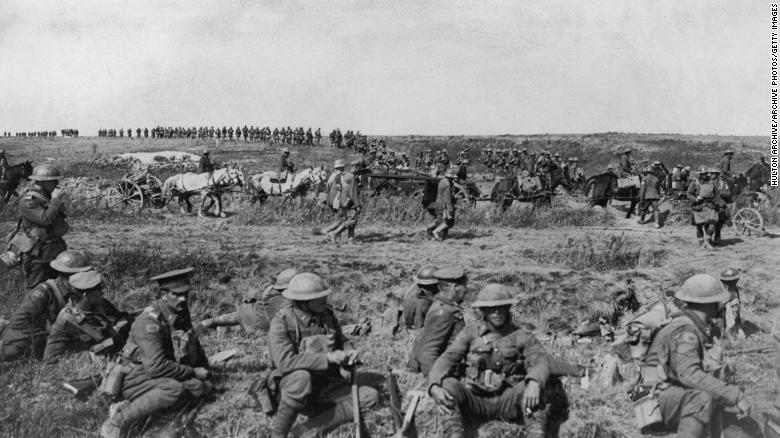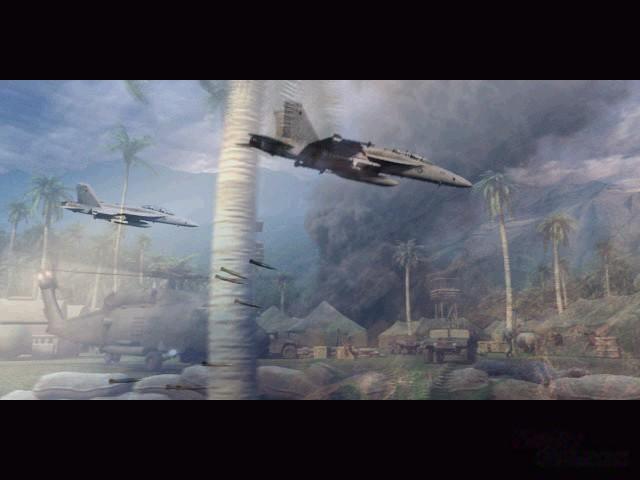

The number of Russians who believed it was futile to look for enemies because “the root of the evil was Russia’s own mistakes” rose from 17 percent to 25 percent in the same period. If in 2014 26 percent of respondents said that “Russia was surrounded by enemies on all sides,” then that opinion was shared by just 16 percent in 2020. The sociological parameters began to change in 2018, however, with the dissipation of the rallying-around-the-flag effect.

At the same time, the militarization of official rhetoric and the growing authority of the army-which overtook the presidency in a list of most trusted institutions in 2020-strengthened the so-called “Crimea consensus.”
#Real war video tv
These wars took place in the background: TV reports did not dwell on the brutal and bloody reality of armed conflict.

Russians lapped up the real and imaginary threats that were fed to them, and generally assessed military action as justified, defensive, and/or preventative. Only 4 percent consider Russia to be responsible for escalating tensions.įor a few years, the unprecedented patriotic surge of 2014 served as symbolic compensation for the socioeconomic problems that had already begun. As soon as it became clear that Donbas was a different form of operation to Crimea, however (far bloodier and more destructive), public opinion went on the defensive: “Russia has nothing to do with it, the United States and Ukraine are to blame for all the loss of life, and there’s no real war under way in any case.”Ī very similar sentiment dominates today: a recent survey showed that 50 percent of respondents blame the United States and NATO for the worsening situation in Ukraine (16 percent blame Ukraine itself). The military action in Donbas in 2014, which took place against the backdrop of the triumphal seizure of Crimea, was viewed very positively by the Russian public. Our 2015 research-“ Do Russians Want War?”-showed that there is little enthusiasm for a “real,” large-scale war among members of Russia’s modern, urban society (the country’s military operations in Syria and eastern Ukraine in recent years were not seen as real wars). But how would ordinary Russians respond to a war with neighboring Ukraine? One of the most asked questions in recent weeks has been whether Russia will attack Ukraine, despite a slight lessening of tensions in the wake of last week’s video call between the Russian and U.S.


 0 kommentar(er)
0 kommentar(er)
